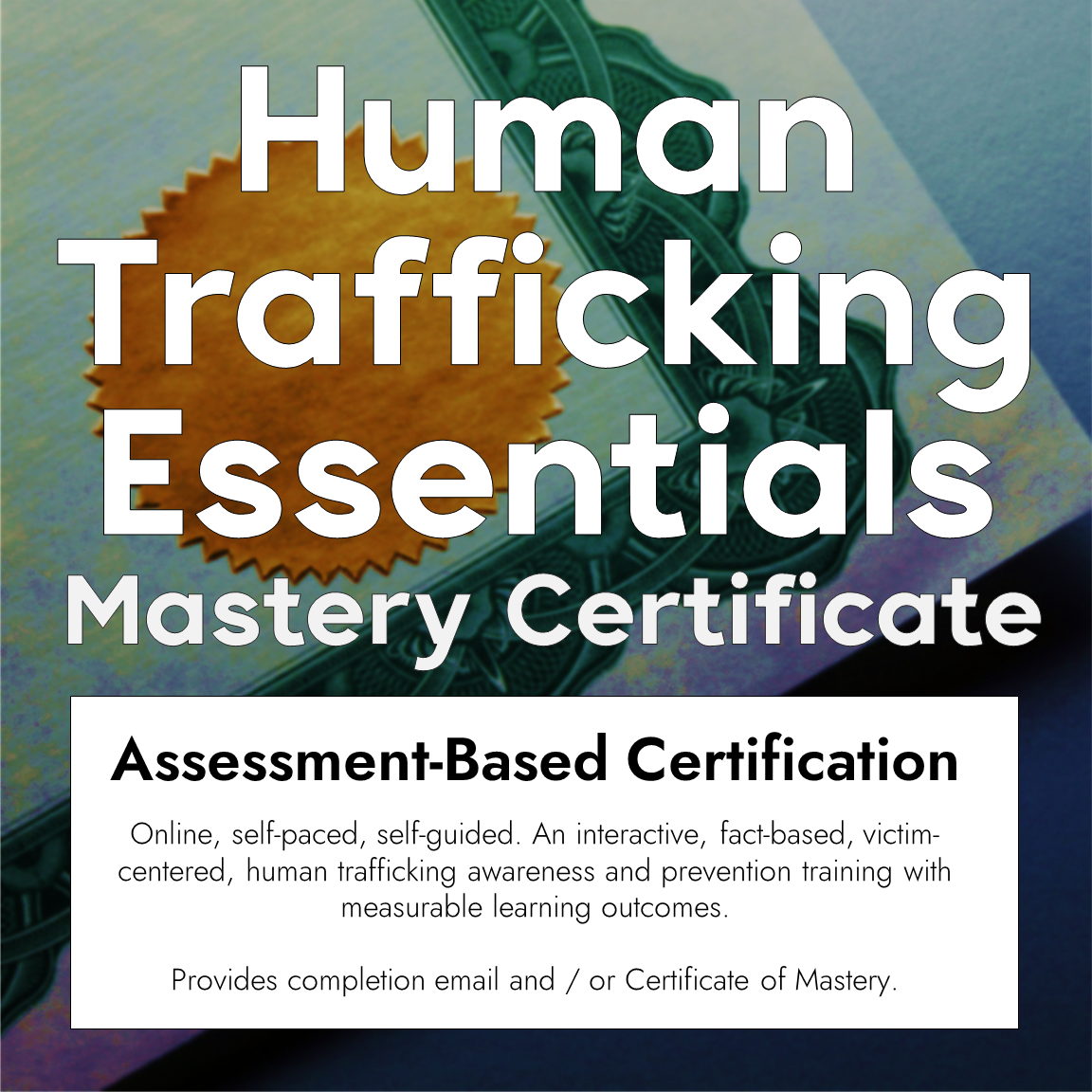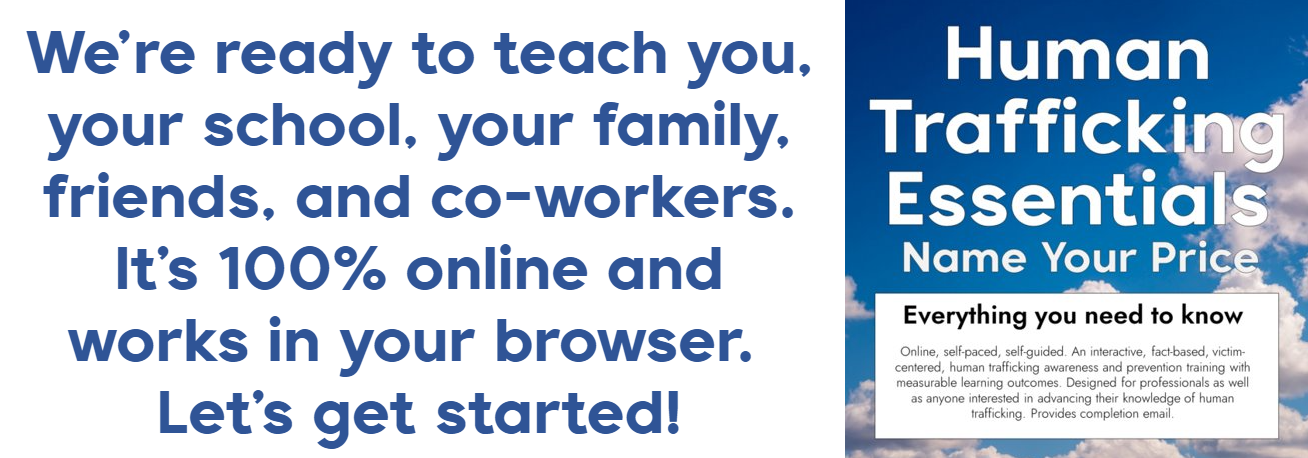FBI, Homeland Security discuss efforts to fight human trafficking

Human sex trafficking isn't what most people think it is, according to FBI Special Agent Taylor Dervish.
Dervish, who is assigned to the Atlanta Violent Crimes Against Children Task Force Program, spoke Tuesday to a joint meeting of the Carpet Capital Rotary Club and the Rotary Club of Dalton.
“The task force is the largest in the country of its size,” she said. “We have investigators, detectives, officers from every metro Atlanta police department. We also work with all of the district attorneys offices, and at the state level, we work with the GBI (Georgia Bureau of Investigation) and the attorney general's office.”
She said many people think sex trafficking is “a foreign woman, girl kidnapped from a hotel, shoved into the back of a van, taken to trap houses across the United States, drugged, forced to have sex and can't escape. I'm not saying that never happens, but that's not the reality of what we investigate.”
She said it is a myth that women are abducted by strangers from parking lots. She said one story that has been circulated on social media is that women will come back to their cars and find a zip tie around the door handle. If they take the time to remove it, traffickers will try to kidnap the women.
“In my experience, I have never seen anything like that happen,” she said.
She said most victims are familiar with their trafficker, “whether that be in person or online.”
“The traffickers use their skills in manipulation to bring their victims into the game,” she said.
She said traffickers isolate their victims from their families, their friends and their home so they become dependent on the trafficker. They become so dependent they usually do not see themselves as victims.
“The younger they are, the more vulnerable they are to the tactics of the traffickers,” she said.
When it comes to child victims of sex trafficking, the large majority are female. She said most are runaways or in the foster care system or otherwise involved with the state Division of Family and Children Services.
“Almost all of them have a history of sexual abuse,” she said.
The Rotarians also heard from Homeland Security Investigations (HSI) Special Agent Melissa Ash of Dalton. HSI is the investigative arm of U.S. Immigration and Customs Enforcement, which investigates transnational and cross-border crimes, including human smuggling and trafficking.
Ash said smuggling and trafficking are two different crimes.
In smuggling, someone pays a smuggler to bring them or someone else across the border.
She noted that not all trafficking is sex trafficking.
“There is also labor trafficking,” she said. “Georgia has had quite a bit of labor trafficking. We have immigrants who come here for a job, and they end up being forced to work in less than ideal positions for money that is less than they were expecting. That sort of thing.”
To report human trafficking, call the National Human Trafficking Hotline, 888-373-3888. Or call the Children's Advocacy Centers of Georgia CSEC (Commercial Sexual Exploitation of Children) Response Team trafficking hotline, 866-END-HTGA (866-363-4842).
Jackie Killings, assistant governor for Area 1 Rotary District 6910, said Rotary is the largest service organization in the world, with clubs in more than 33,000 communities worldwide.
“Rotarians are dedicated to providing service to others and advancing peace and goodwill, within their communities and around the world,” she said.
Killings said fighting human trafficking is one of Rotary's goals.
“The Rotarian Action Group Against Slavery (RAGAS) was established in 2013 and has members in over 65 countries,” said Killings. “We are a global, action-driven network of Rotarians dedicated to freedom fighting, justice seeking, problem-solving and advocating for basic human rights, working together to abolish modern slavery.”
To find out more about RAGAS, go to https://ragas.online.
This “Eyes on Trafficking” story is reprinted from its original online location.
Fair Use Notice: The PBJ Learning Knowledge Vault is dedicated to advancing understanding of various social justice issues, including human trafficking and related topics. Some of the material presented on this website may contain copyrighted material, the use of which has not always been specifically authorized by the copyright owner. We are making such material available in our efforts to promote education and awareness of these important issues. There is no other central database we are aware of, so we put this together for both historical and research purposes. Articles are categorized and tagged for ease of use. We believe that this constitutes a ‘fair use' of any such copyrighted material as provided for in section 107 of the US Copyright Law. In accordance with Title 17 U.S.C. Section 107, the material on this site is distributed without profit to those who have expressed a prior interest in receiving the included information for research and educational purposes. For more information on fair use, please visit: “17 U.S. Code § 107 – Limitations on exclusive rights” on Cornell Law School's Legal Information Institute.

ABOUT PBJ LEARNING
PBJ Learning is a leading provider of online human trafficking training, focusing on awareness and prevention education. Their interactive Human Trafficking Essentials online course is used worldwide to educate professionals and individuals how to recognize human trafficking and how to respond to potential victims. Learn on any web browser (even your mobile phone) at any time.
More stories like this can be found in your PBJ Learning Knowledge Vault.
EYES ON TRAFFICKING
This “Eyes on Trafficking” story is reprinted from its original online location.
ABOUT PBJ LEARNING
PBJ Learning is a leading provider of online human trafficking training, focusing on awareness and prevention education. Their interactive Human Trafficking Essentials online course is used worldwide to educate professionals and individuals how to recognize human trafficking and how to respond to potential victims. Learn on any web browser (even your mobile phone) at any time.
More stories like this can be found in your PBJ Learning Knowledge Vault.

